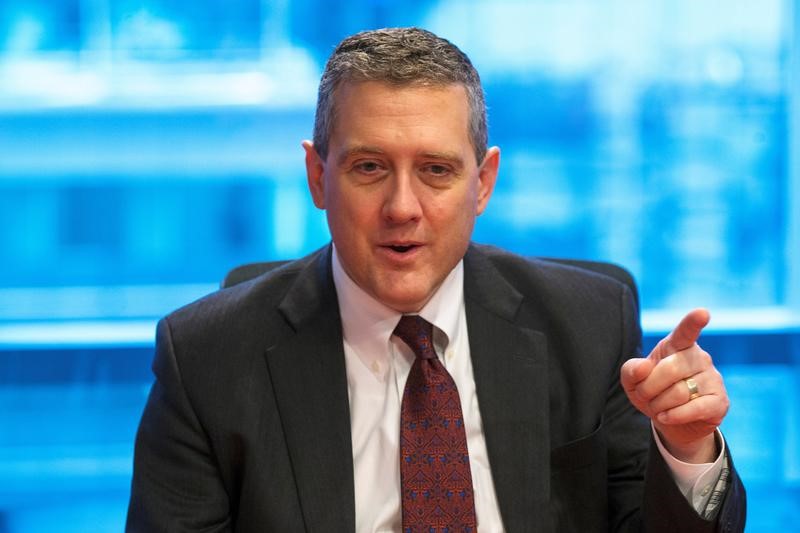By Howard Schneider
PHOENIX (Reuters) - Federal Reserve officials cautioned on Monday that the incoming Trump administration's economic plans should not be cast as if the economy is in crisis, but instead be designed to help the economy's long-run prospects.
The comments reflected a developing debate within the Fed over the impact of president-elect Donald Trump's leadership of a Republican-controlled government.
Fed officials worry there is risk that overly aggressive fiscal, tax and other changes could become inflationary given the economy's current strength.
That could force the Fed into more rapid interest rate increases and possibly raise the risk of recession. Yet there is also potential, officials feel, for well-designed tax, regulatory and infrastructure spending to boost the country's lagging productivity.
Properly designed and executed policies to boost infrastructure, modify regulations for some industries and overhaul the tax code "may have some impact ... if they are directed towards improving medium-term U.S. productivity growth," St. Louis Fed President James Bullard said in remarks in Phoenix at a luncheon sponsored by Arizona State University.
But "these policies should not be viewed as countercyclical measures," Bullard said. "The economy is not in recession today."
"An infrastructure plan would be terrific, that would be good," Chicago Federal Reserve bank president Charles Evans said in Chicago. "I think corporate tax rationalization would be a huge improvement."
Yet he agreed: "you don't need explicit stimulus" with the jobless rate already so low.
FISCAL OUT OF SYNC
Fed officials are typically reluctant to give specific advice to the elected officials who set government spending and debt levels, in part to preserve their own political independence.
But in recent months they have become more voluble on the subject. They feel fiscal policy in the critical early years after the 2007-09 financial crisis was out of sync with what the country required, set too tight at a time when the country needed, and the Fed was pushing to achieve, higher growth.
Trump's victory, coupled with the election of a Republican-controlled House and Senate, has turned that debate on its head: elected officials may be pushing to stimulate the economy at a time when the Fed is beginning to raise interest rates and sees the economy approaching full employment.
The dilemma would be resolved, Fed officials suggested, if the new administration's policies focus on efforts that revive productivity growth, and do not amount to spending for spending's sake.
"If you put the right public capital in place it could improve productivity and you would have a higher trend growth rate," Bullard said in comments that have been echoed across the Fed.
In remarks in New York, Fed vice chair and New York Fed President William Dudley recommended Congress and the administration set rules that could help in the next crisis with programs that automatically boost spending in a downturn.

Such automatic stabilizers "would kick in to support incomes," Dudley said, which "should lead workers to be less fearful about losing their jobs, and businesses to be less concerned that demand for their products might fall precipitously."